Today’s readings
We should glory in the cross of our Lord Jesus Christ,
in whom is our salvation, life and resurrection,
through whom we are saved and delivered.
That is the proper entrance antiphon, also known as the introit, for this Evening Mass of the Lord’s Supper. It is taken from Paul’s letter to the Galatians in which he says “May I never boast about anything other than the cross of our Lord Jesus Christ, through which I have been crucified to the world and the world to me.” During Lent, we have been rediscovering our need for a Savior. We have seen how our Lord Jesus Christ completely changes everything if we acknowledge that need. Our water jugs have been left behind because we are filled with living water; our eyes have been opened to see our Lord, ourselves, and others as we really are; we have been freed from our graves, untied from the bondage of sin. We have embraced the cross, which our Savior willingly took up out of love for us, and have taken it on ourselves, knowing that it is through the cross that we come to the glory of the resurrection.
The Church teaches us in this Sacred Triduum – this three-day-long Liturgy of God’s love – that we should indeed glory in the cross – take pleasure in the cross – notice the power of the cross. And we glory in the cross knowing that our God glories in the cross. It may seem odd to say that, because why would God glory in an instrument of death that destroyed the human life of his only begotten Son? But we know that God has made something much more glorious come from the sadness of death, and he did that through the cross on which hung the Savior of the world. In the cross, we have salvation, life and resurrection!
I think what the cross teaches us in these days, and what this evening’s part of the Triduum Liturgy says in particular, is summed up in the Latin word, caritas. Caritas is most often translated into English as either “charity” or “love.” And, as in the case of most translations, both are inadequate. When we think about the word “charity,” we usually think of something we do to the poor: we give to the poor, we have pity on the poor, that kind of thing. And “love” can have a whole host of different meanings, depending on the context, and the emotion involved. And that’s not what caritas means at all. I think caritas is best imagined as a love that shows itself in the action of setting oneself aside, pouring oneself out, for the good of others. It’s a love that remembers that everything is not about me, that God gives us opportunities all the time to give of ourselves on behalf of others, that we were put on this earth to love one another into heaven.
And I bring this up not just as a lesson in Latin or semantics. I bring it up because caritas is our vocation; we were made to love deeply and to care about something outside ourselves. We are meant to go beyond what seems expedient and comfortable and easy and to extend ourselves. That’s clearly what our Lord did, and that’s what we’re supposed to be about as well.
Two parts of this evening’s Liturgy show us what caritas means. The first is what we call the mandatum: the washing of the feet. Here, Jesus gets up from the meal, puts on a towel and begins to wash the feet of his disciples. Here, at the Last Supper, it is our Savior himself who wraps a towel around himself, picks up the bowl and pitcher, and washes the feet of his friends. This was an extraordinary act of charity on the part of our Savior. We will reenact that Gospel vignette in a few minutes. But I have tell you, here in Church, this really isn’t the proper place to reenact it. Rather, this particular ritual should be reenacted outside of church. Every day, in every place where Christians are.
For example, maybe you make an effort to get home from work a little sooner to help your spouse get dinner ready or help your children with their homework. Maybe at work you try to get in early so that you can make the first pot of coffee so that people can smell it when they come in to the office. Or maybe after lunch you take a minute or two to wipe out the microwave so it’s not gross the next day. If you’re a young person, perhaps you can try on occasion to do a chore without being asked, or at least not asked a second time, or even wash the dishes when it’s not your turn to do it. Or if one of your classmates has a lot of stuff to bring to school one day, you can offer to carry some of his or her books to lighten the load.
This kind of thing costs us. It’s not our job. We’re entitled to be treated well too. It’s inconvenient. I’ve had a hard day at work – or at school. I want to see this show on television. I’m in the middle of reading the paper. But caritas requires something of us – something over and above what we may be prepared to do. As Jesus says in today’s Gospel, he’s given us an example: as he has done, so we must do. And not just here in church washing each other’s feet, but out there in our world, washing the feet of all those in our lives who need to be loved into heaven.
The second part of our Liturgy that illustrates caritas is one with which we are so familiar, we may most of the time let it pass us by without giving it a thought, sadly. And that, of course, is the Eucharist. This evening we commemorate that night when Jesus, for the very first time, shared bread and wine with his closest friends and offered the meal as his very own body and blood, poured out on behalf of the world, given that we might remember, as often as we do it, what caritas means. This is the meal that we share here tonight, not just as a memory of something that happened in the far distant past, but instead experienced with Jesus and his disciples, and all the church of every time and place, on earth and in heaven, gathered around the same Table of the Lord, nourished by the same body, blood, soul and divinity of our Savior who poured himself out for us in the ultimate act of caritas.
We who eat this meal have to be willing to be changed by it. Because we too must pour ourselves out for others. We must feed them with our presence and our love and our understanding even when we would rather not. We must help them to know Christ’s presence in their lives by the way that we serve them, in humility, giving of ourselves and asking nothing in return. That is our vocation.
And sometimes that vocation is not an easy one. Sometimes it feels like our efforts are unappreciated or even thwarted by others. Sometimes we give of ourselves only to receive pain in return; or we extend ourselves only to find ourselves out on a limb with what seems like no support. And then we question our vocation, wondering if it is all worth it, wondering if somehow we got it wrong.
The ultimate act of caritas will unfold tomorrow and Saturday night as we look to the cross and keep vigil for the resurrection. Tonight it will suffice for us to hear the command to go and do likewise, pouring ourselves out for others, laying down our life for them, washing their feet and becoming Eucharist for them. It may seem difficult to glory in the cross – it may even seem strange to say it. But the Church makes it clear tonight: the cross is our salvation, it is caritas poured out for us, it is caritas poured out on others through us, every time we extend ourselves, lay down our lives, abandon our sense of entitlement and do what the Gospel demands of us.
We should glory in the cross of our Lord Jesus Christ,
in whom is our salvation, life and resurrection,
through whom we are saved and delivered.

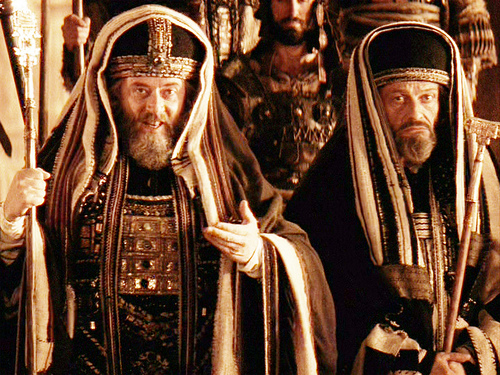

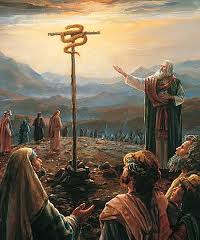

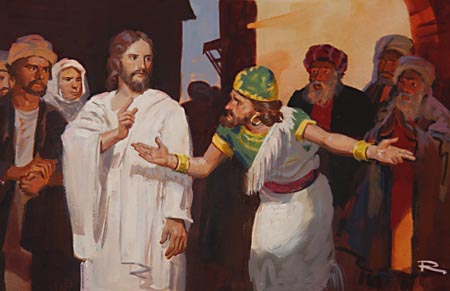
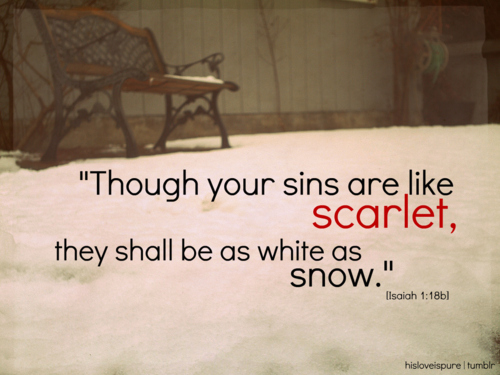
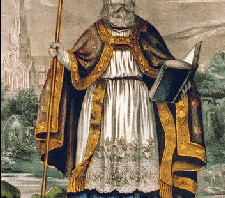

You must be logged in to post a comment.